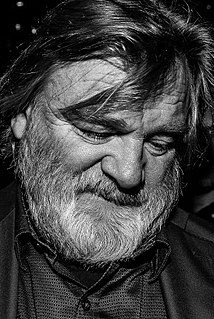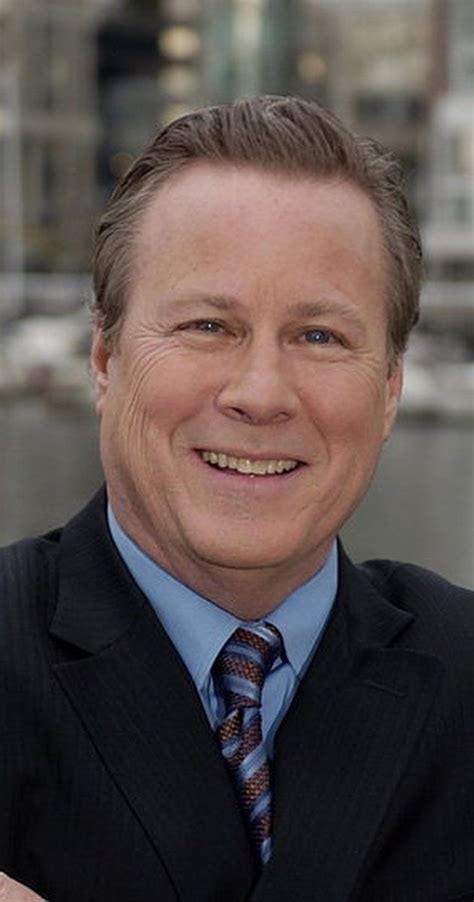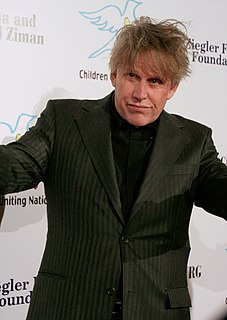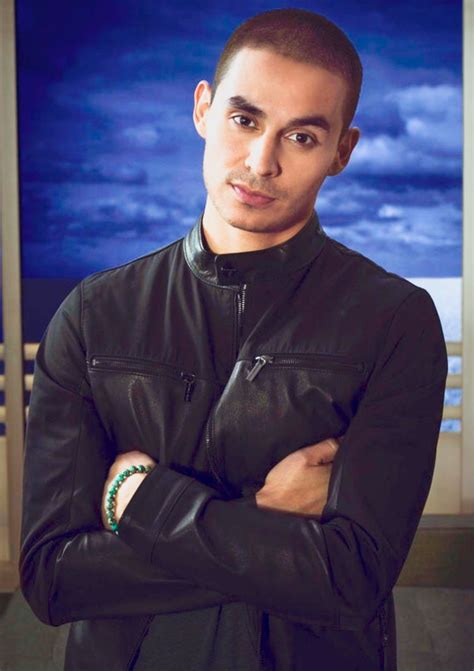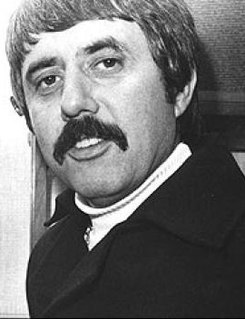A Quote by Jesse Eisenberg
The frustrating part of being a movie actor is waiting in your trailer to do two takes of a scene you've prepared for two months.
Related Quotes
There are times as an actor when you don't work for two months, sometimes three or sometimes six, and the only thing that's going to keep you sane is if you give back and live your life. I've definitely gone through that. It's like, 'Okay, I'm out of work for two months.' That's two months I can paint.
I won't miss having to stand for two hours at 4:30 a.m. and have freezing cold glue applied to my feet. I won't miss two-hour drives to work or long, long, long days sitting in my trailer waiting...waiting...waiting. I won't miss one day off a week. I won't miss glue in my ears. But I would do it all again tomorrow.
The stage is the opposite: you are talking loud so you can project to the back row and you know the whole play. In a movie, you are scene-to-scene; you only know the purpose of that scene. On the stage, that is artistic science. It is real, it is loving, it is truthfully you. It is two different formulas to make two different art pieces, but it is all about truth.
The negative about acting is that you have to spend a great deal of time away from your friends and loved ones, but it's not like working a 9-5 job and only having two or three weeks off a year. I may not have seen my girlfriend for two or three months, but then we can spend two or three months together solidly.





